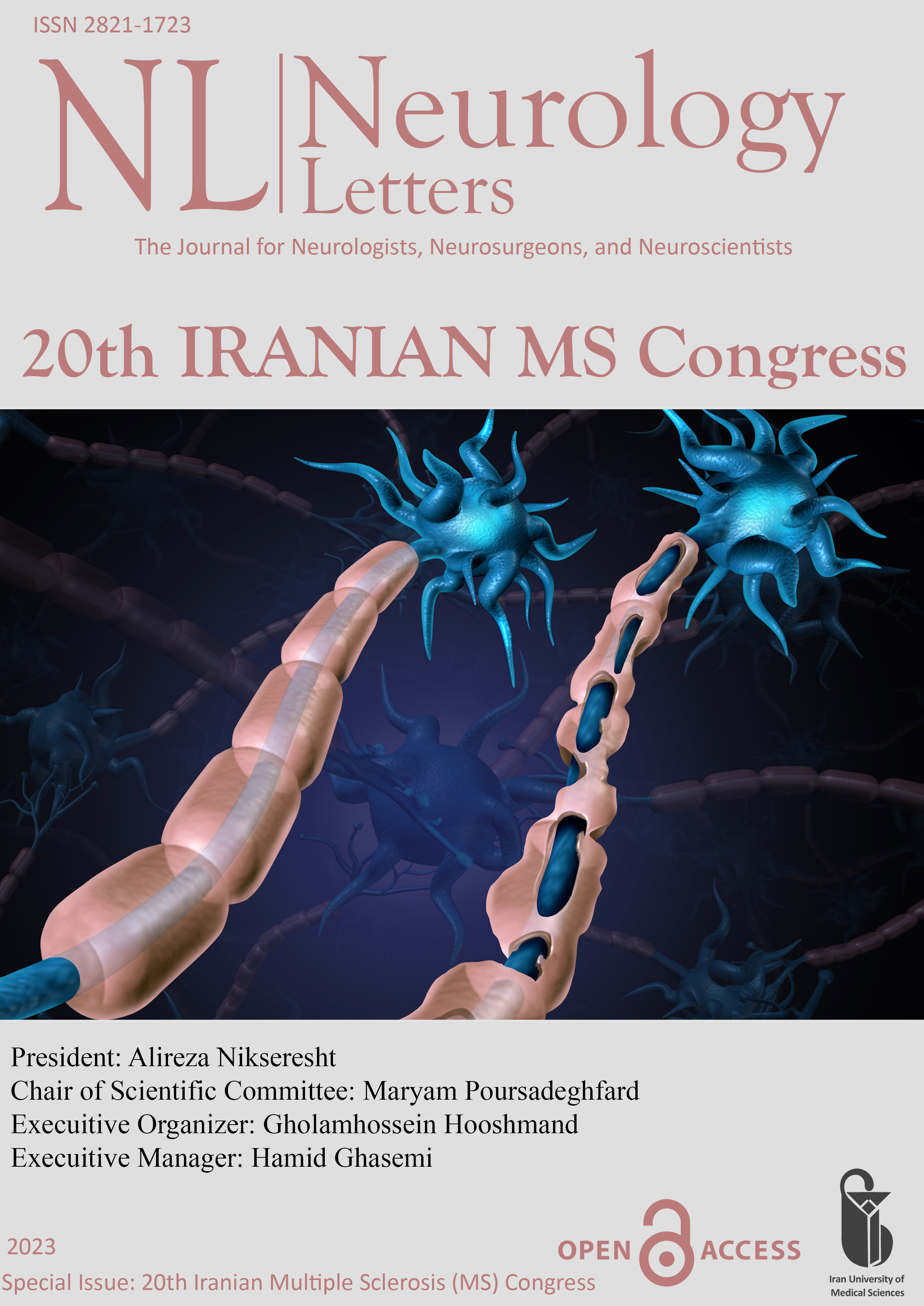Current Updates on the Use of Probiotics as a New Treatment Option for Multiple Sclerosis (ORP-50)
Document Type : Oral Presentation
Authors
1 1. Student Research Committee, Fasa University of Medical Sciences, Fasa, Iran 2. USERN Office, Fasa University of Medical Sciences, Fasa, Iran
2 1. USERN Office, Fasa University of Medical Sciences, Fasa, Iran 2. Student Research Committee, Shiraz University of Medical Sciences, Shiraz, Iran
Abstract
Multiple sclerosis (MS) is a chronic inflammatory disease that affects the central nervous system and causes nerve demyelination. Although the precise cause of MS is unknown, controlling the immune system and obstructing inflammatory pathways may help manage and treat the condition. According to studies, probiotics can change the gut microbiome, which affects and improves the immune system and immune responses in MS patients. According to research, the imbalance of microbes in the digestive system has a significant impact on autoimmune diseases like MS and disorders of the central nervous system (CNS), such as Alzheimer's, Parkinson's, and autism. MS is an autoimmune disease that damages the myelin in the CNS, and the gut-brain axis serves as a two-way channel for communication between gut microorganisms and the CNS. Immune cell and cytokine production that results from disruptions in the gut microbiome affect the blood-brain barrier and gut permeability. Recent animal studies reveal a strong connection between gut microbiota and MS onset and severity. In addition to altering short-chain fatty acid levels and inflammatory cytokines, changes in the gut can also impact the metabolites that cause neuroinflammation and myelin loss. Probiotics have been shown through in-vivo and in-vitro research to alter the immune system, potentially curing MS. In addition, the mechanisms of unaltered probiotics are often unclear, limiting their usefulness for detailed mechanistic studies. Synthetic biology offers the capability to create probiotics specifically designed for immune modulation with well-defined mechanisms of action. A recent investigation involved the engineering of synthetic probiotics to influence this pathway in MS therapies. Consequently, directing interventions toward a pathway in intestinal dendritic cells emerges as a promising therapeutic strategy for modifying CNS autoimmunity. The potential to utilize living cells as a body medicine source holds tremendous promise for developing more personalized and precise therapies.
Keywords
 Neurology Letters
Neurology Letters
